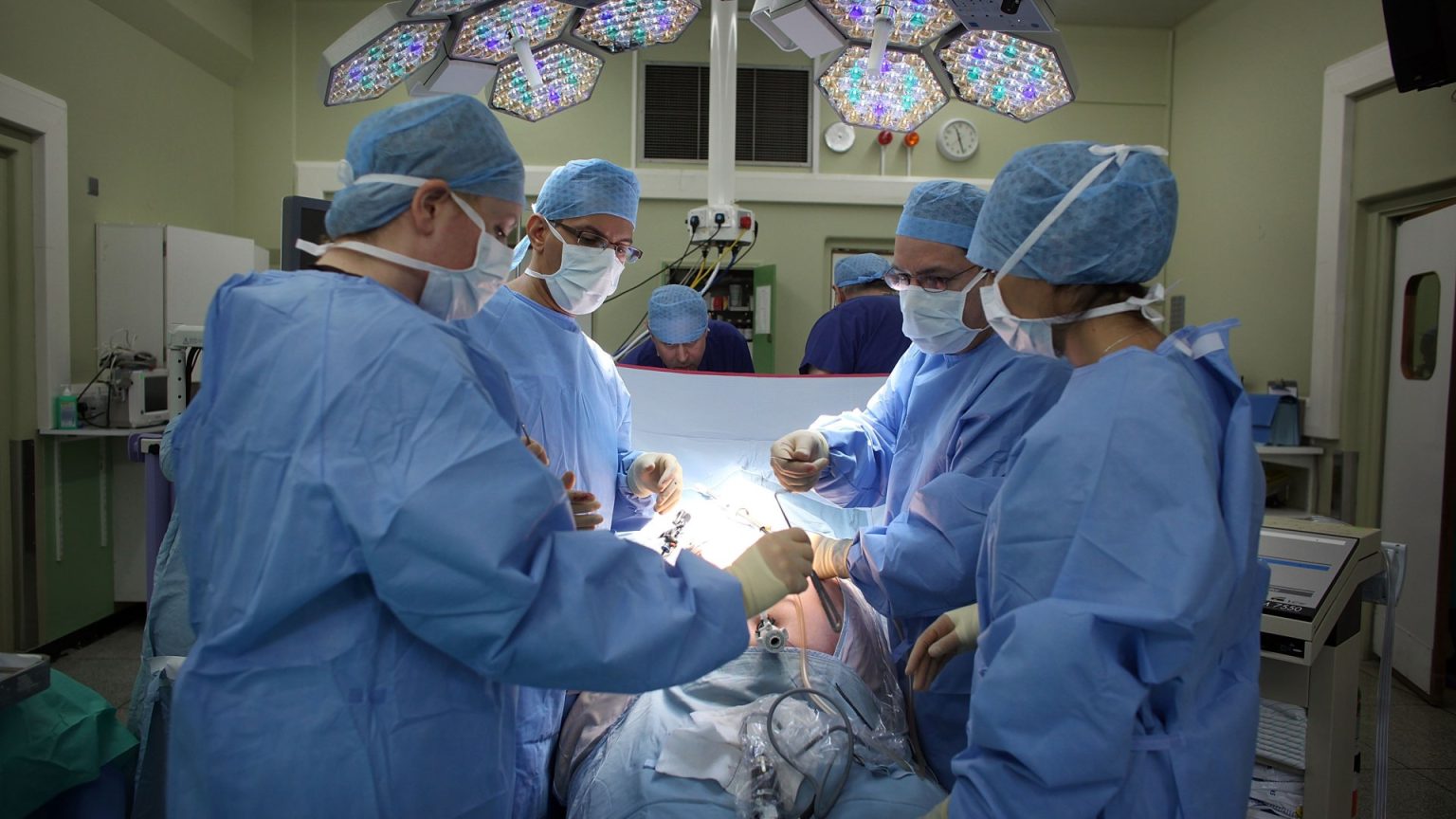A recent survey of 2,000 UK adults has revealed a significant lack of awareness regarding patient choice within the National Health Service (NHS). Nearly half of the respondents were unaware they could choose the hospital where they undergo NHS-funded operations, assuming they were bound by predetermined waiting lists. This lack of knowledge extends to accessing private hospitals for NHS procedures, with a quarter of respondents unaware of this possibility, and a fifth mistakenly believing they would incur extra costs. The survey underscores a critical gap in public understanding of available healthcare options, particularly concerning procedures with extended waiting times, such as hip and knee replacements. This information deficit highlights the need for greater public awareness campaigns and more proactive communication by healthcare professionals.
The findings also reveal that information about patient choice is primarily disseminated through informal channels, such as conversations with friends and family, or news reports, rather than through official sources like GPs or consultants. This reliance on informal networks highlights the inadequacy of existing communication strategies within the NHS and underscores the need for a more proactive approach to informing patients about their options. The research, commissioned by Practice Plus Group hospitals, which offer both NHS and private surgeries, aligns with the government’s recently announced elective reform plan. This plan aims to address the issue by increasing public awareness of patient choice and ensuring it’s readily accessible, including through updates to the NHS app, which will clarify the availability of independent providers for NHS treatments.
The government’s strategy of leveraging private hospitals to alleviate pressure on NHS waiting lists has garnered significant public support, with nearly 70% of respondents endorsing the approach. This support is particularly pronounced among those aged 65 and over, a demographic significantly affected by long waiting times for common elective procedures. This age group’s strong approval suggests a pressing need for timely access to these procedures, further highlighting the importance of efficiently utilizing all available resources, including private hospitals, to reduce waiting times and improve patient outcomes. The survey identified waiting times as the most crucial factor influencing patient choice of hospital, followed by proximity to home and the reputation of the hospital or surgeon.
The vast majority of those surveyed believe that having the option to choose where they receive NHS treatment would enhance the quality of care. This perspective underscores the importance of patient autonomy in healthcare decisions and the potential for improving patient experience and satisfaction through increased choice. The data also revealed that a significant proportion of respondents were currently on NHS waiting lists, with a substantial number waiting for over a year. This emphasizes the urgency of addressing waiting list backlogs and the potential benefits of expanding patient choice to access available capacity in private hospitals. This could significantly reduce waiting times and improve patient access to timely care.
Jim Easton, CEO of Practice Plus Group, emphasized that while elective procedures are often categorized as “routine,” they are life-altering for patients whose mobility, ability to work, and overall quality of life are compromised while they wait. He highlighted the significant contribution of the private sector in delivering over a million NHS procedures in the past year, advocating for greater collaboration between NHS and private hospitals to further reduce waiting times and improve patient outcomes. Easton believes that the private sector, working in partnership with the NHS, can play a crucial role in addressing the current challenges facing the healthcare system. He stressed the potential of these collaborations to significantly reduce waiting times for elective procedures, freeing up NHS resources and improving the overall patient experience.
The case of former Great British Bake Off contestant Val Stones exemplifies the potential benefits of patient choice. By opting for an NHS-funded hip replacement at a private hospital, she halved her waiting time, enabling her to regain mobility and return to a fulfilling life. Stones’ experience demonstrates the tangible impact of patient choice on individual lives and underscores the importance of empowering patients with the knowledge and resources to make informed decisions about their healthcare. Her story serves as a powerful testament to the benefits of integrating private sector capacity within the NHS framework to improve patient access to timely and effective care. By sharing her experience, Stones highlights the potential for positive change within the healthcare system through increased awareness and utilization of patient choice options.


